JDRF
-

Beta cell regeneration
Vanderbilt researchers dissected the complex microenvironment of the pancreatic islet to discover the signals that drive beta cell regeneration — as a possible treatment for diabetes. Read MoreMay 20, 2021
-

Targeting glucagon action in diabetes
Disrupting the action of glucagon — a pancreatic hormone that works to raise blood glucose — restores functional insulin-producing cells in mouse models of type 1 diabetes and may be a promising treatment strategy. Read MoreMar 4, 2021
-

Keeping beta cells “fit”
Vanderbilt cell biologists are defining the factors that help beta cells in the pancreas stay healthy, secrete insulin and prevent diabetes initiation and progression. Read MoreJul 9, 2020
-
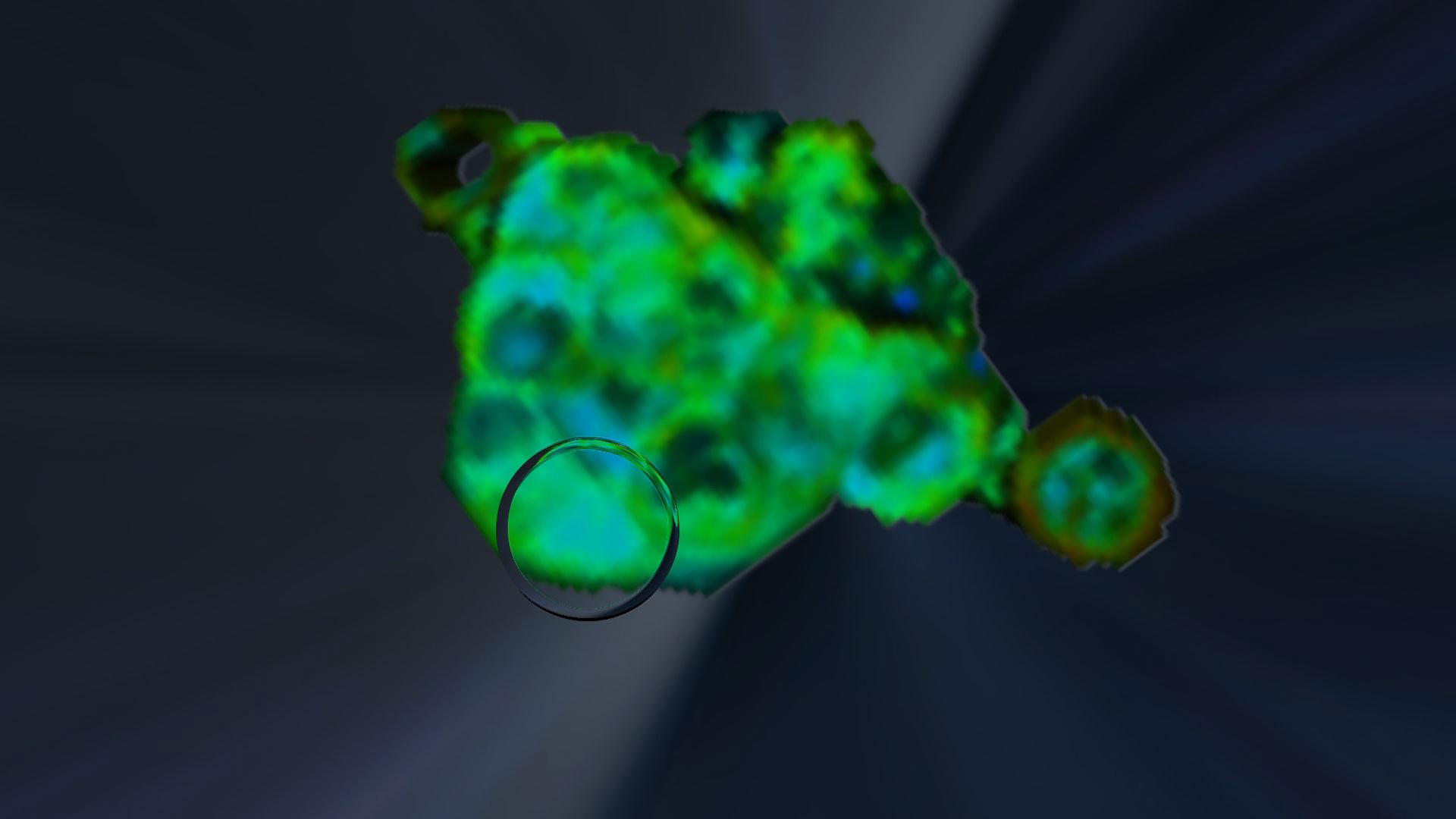
Pancreatic cancer clue
Inflammation synergizes with a cell’s intrinsic genetic program to promote the development of pancreatic cancer. Read MoreAug 12, 2019
-
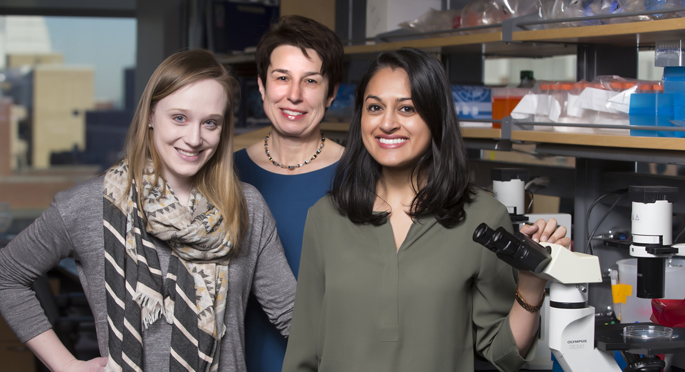
Discovery by Vanderbilt-led group could lead to improved diabetes treatment
Vanderbilt investigators and colleagues around the country have made a major discovery that could lead to better ways to treat type 1 diabetes (T1D). Read MoreMar 6, 2018
-

VUMC team’s discovery could lead to new diabetes treatment
High circulating glucose, the hallmark of diabetes, is linked to the disease’s most serious complications including heart disease, kidney failure, blindness and amputation. Diabetes is the sixth leading cause of death and costs the nation an estimated $322 billion a year. Restoring the action of insulin has been the traditional… Read MoreJun 15, 2017
-

Rush honored by Juvenile Diabetes Research Foundation
The Middle Tennessee Chapter of the Juvenile Diabetes Research Foundation (JDRF) recently named Meg Rush, M.D., as the 2017 JDRF Living & Giving Honoree. Read MoreMay 11, 2017
-

Making human beta cells reproduce
A new method developed at Vanderbilt will speed the search for potential therapeutics for diabetes: compounds that stimulate the replication of insulin-producing beta cells. Read MoreDec 8, 2016
-
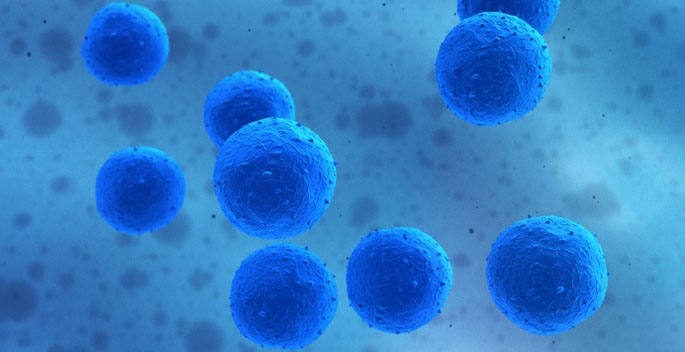
Stem cells promote tolerance
Blood-forming stem cells play a role in immune tolerance and acceptance of organ transplants, Vanderbilt researchers have discovered. Read MoreNov 17, 2016
-

Major grants bolster VUMC diabetes research
Researchers at Vanderbilt University Medical Center have received more than $11 million in new grant support aimed at slowing the growing burden of diabetes. Read MoreJan 14, 2016
-

Inflammation, obesity and diabetes
Vanderbilt study adds to the mounting role for inflammatory signaling in obesity. Read MoreOct 29, 2015
-

Tolerating a transplant
A new genetic model has generated new strategies for promoting tolerance to transplants – and improving long-term transplant outcomes – in the background of autoimmune disease. Read MoreOct 1, 2015
-
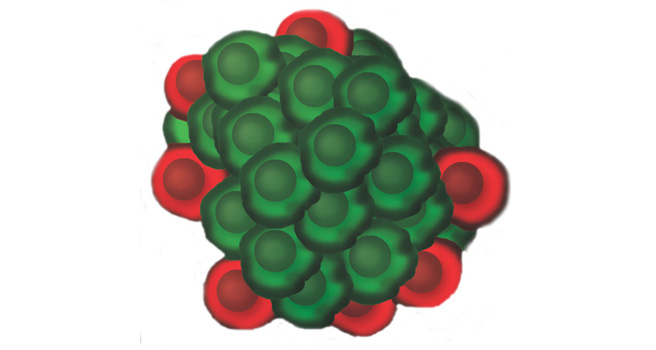
New therapeutic target for diabetes
The factor FoxM1 increases the proliferation and function of insulin-producing beta cells, making it an attractive therapeutic target for diabetes. Read MoreAug 20, 2015
-

Boosting beta cells in diabetes
New findings suggest that it might be possible to treat diabetes by regenerating insulin-producing beta cells in the pancreas. Read MoreApr 20, 2015
-
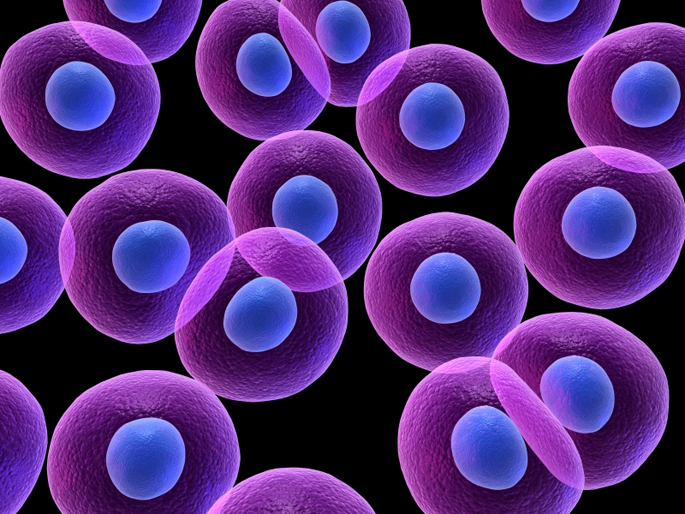
Searching for beta cell stimulators
Vanderbilt researchers describe a new technique for identifying factors that stimulate the proliferation of pancreatic beta cells – factors that might offer therapeutic options for diabetes. Read MoreJan 13, 2014
-
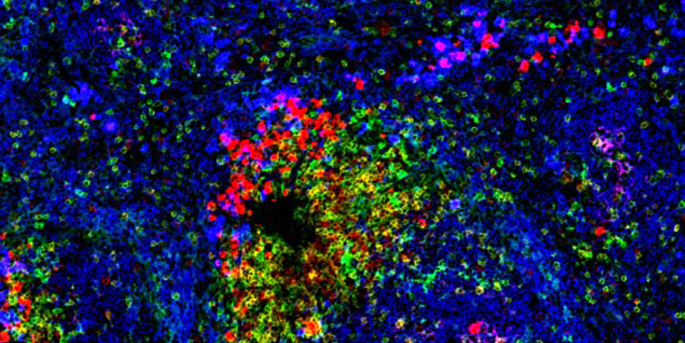
“Silent” B cells trigger autoimmunity
Immune cells that recognize self antigens (e.g. insulin), but are functionally silent, can trigger autoimmune diseases such as diabetes. Read MoreApr 3, 2013
-
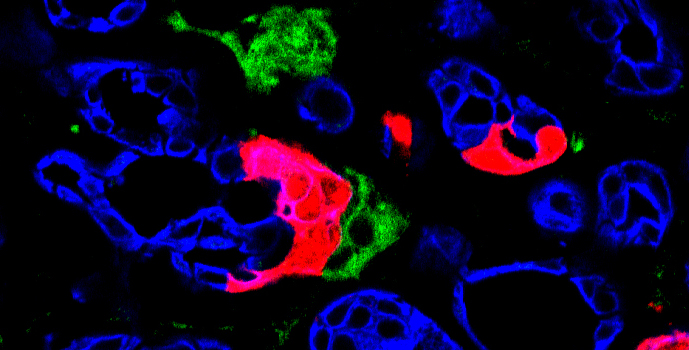
Pancreas cells full of potential
Adult cells in the pancreas can return to a less mature state – and then become a different cell type, like the beta cells that secrete insulin. Read MoreFeb 18, 2013
-

Beta cell imaging could help spot diabetes earlier
Vanderbilt researchers have developed a biomarker for beta cells that could make it easier to detect diabetes earlier. Read MoreMay 23, 2012
-

Pumping up the pancreas in pregnancy
A strain of mutant mice provide a novel model for studying glucose intolerance and gestational diabetes during pregnancy and suggest that certain molecules may be useful for therapeutic applications. Read MoreJan 20, 2012